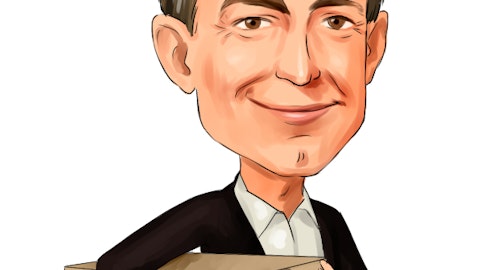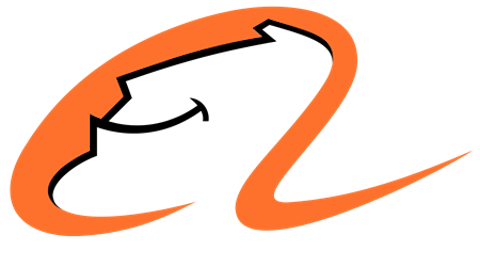Shares of Best Buy Co., Inc. (NYSE:BBY) have surged in trading today following the tech retailer’s surprising earnings beat. For the company’s second quarter of its fiscal year 2016, which ended on August 1, it reported a 0.8% revenue increase to $8.53 billion, well ahead of estimates of $8.29 billion. Earnings meanwhile came in at $0.49 per share when excluding special items, which also easily beat estimates of $0.34. Shares have risen by 14.79% in trading today following the announcement of the results this morning, representing a major reversal to the persistent downwards trend that has afflicted the stock since mid-March. Shares were down by 24.91% year-to-date at the close of trading yesterday.

The improved results for Best Buy Co., Inc. (NYSE:BBY) come amid a concerted effort by the company to streamline and improve the efficiency of its operations, efforts that have included shuttering its operations in China, restructuring its management team, and cutting jobs. Online sales were particularly strong for the brick-and-mortar retailer, rising by 17% year-over-year. By the same token, same-store sales growth was also solid, at 3.8%.
Hedge Fund Sentiment Continues To Decline
Hedge funds were clearly not expecting an improvement in Best Buy’s results, at least not to this extent or this quickly. Sentiment in the company among the smart money tracked by Insider Monkey continued to wane during the second quarter, continuing a trend seen in the first quarter. The number of hedge funds with holdings in the stock declined to 34 from 41, while the aggregate value of those positions also fell sharply, by over 20% to $707 million. Shares fell by 13.70% during the quarter, accounting for some of, but not all of the decline in the value of hedgies’ holdings.
At Insider Monkey, we track hedge funds’ moves in order to identify actionable patterns and profit from them. Our research has shown that hedge funds’ large-cap stock picks historically underperformed the S&P 500 Total Return Index by an average of seven basis points per month between 1999 and 2012. On the other hand, the 15 most popular small-cap stocks among hedge funds outperformed the S&P 500 Index by an average of 95 basis points per month (read the details here). Since the official launch of our small-cap strategy in August 2012, it has performed just as predicted, returning 118% and beating the market by more than 60 percentage points. We believe the data is clear: investors will be better off by focusing on small-cap stocks utilizing hedge fund expertise (while avoiding their high fees at the same time) rather than large-cap stocks.
Right And Wrong
As mentioned, the second quarter sentiment swoon continued a trend witnessed in the first quarter. As we reported in July, hedge funds’ first quarter sentiment was right as shares fell by 5.78% on July 17 courtesy a Bank of America Corp (NYSE:BAC) double-notch downgrade to ‘Underperform’ from ‘Buy’. Hedge fund ownership had declined to 41 from 50 during the first quarter, while aggregate value of holdings had fallen by over 13% to $888 million. As mentioned, shares were down heavily during the second quarter, and were down in the third quarter at that point, validating hedge funds’ bearishness. With the strong gains today however, shares are now up slightly in the third quarter.
Taking a look at the investors with positions in Best Buy Co., Inc. (NYSE:BBY), we find Cliff Asness’ AQR Capital Management firmly at the top of the list, holding 7.01 million shares as of June 30, worth over $228 million. David Harding was another bullish investor, with his fund Winton Capital Management owning 2.54 million shares. The two billionaires both increased their stakes in the company during the second quarter, by 19% and 37% respectively. Just seven funds in our database opened new positions in the stock during the quarter, the largest being Steve Cohen’s position of 601,400 shares. Of the funds that closed positions in the second quarter, the most notable closure was by Phill Gross and Robert Atchinson’s Adage Capital Management, which closed its 1.27 million-share stake worth nearly $66 million as of March 31.
Disclosure: None




